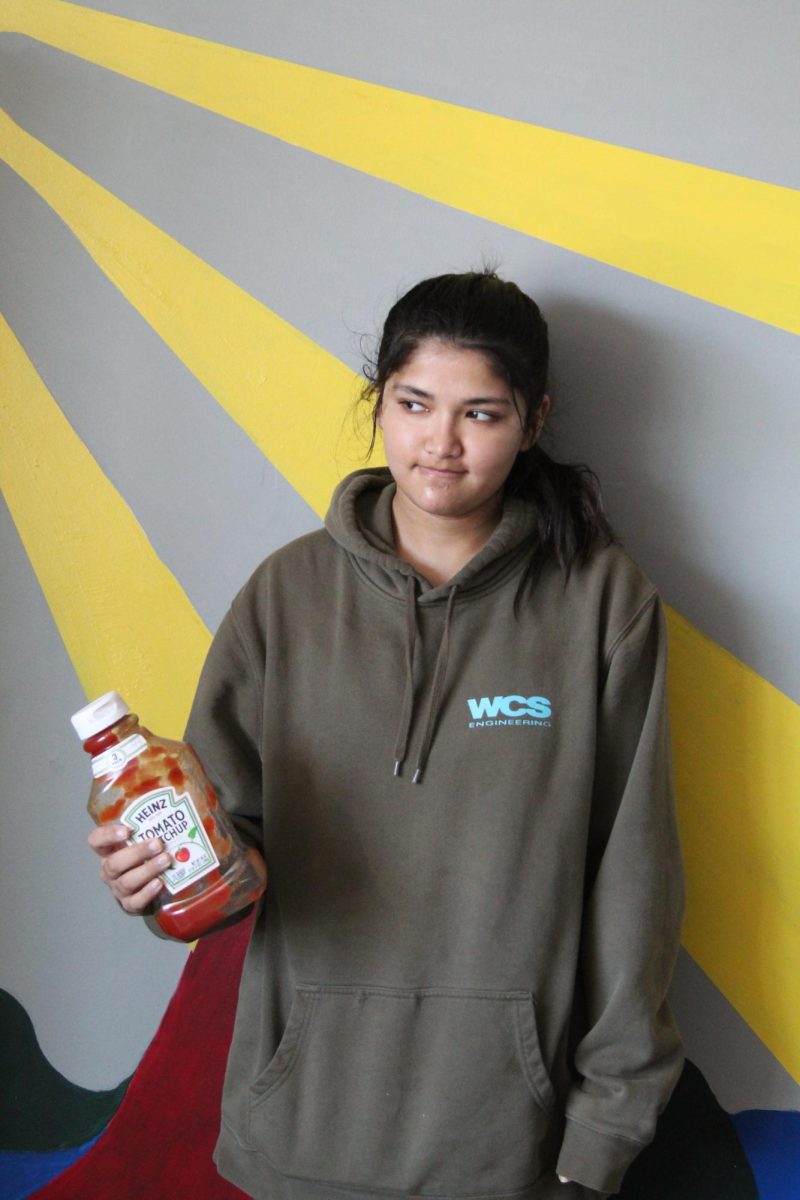On October 16th, 2024, English singer-songwriter Liam Payne fell from his hotel balcony. The death of this beloved artist shocked the world and the former member of One Direction was mourned in thousands of celebrations the following week. While nothing but love and care for Payne and his family was spread after his death, the immense amount of hate the singer had received in the months leading up was common knowledge.
One Direction disbanded in 2016, and since then each member has been pursuing their solo careers. As expected, some of the former members have had more success than others, and while they all claimed to be in support of each other, it was clear there may have been some tension. In an interview Payne did two years ago, fans claimed that he spoke from an egotistical point of view when discussing the making of One Direction, when he said things like, “Simon [Cowell] started with my face and worked around it.” From that, this wave of hate was normalized and thrown at the singer. Criticizing his dancing, his look and even resurfacing slander for his son’s name, “Bear.”
Another instance of the media villainizing Payne is when evidence of his abuse and harassment towards his ex-fiance Maya Henry surfaced. Henry quotes Payne: “Don’t tell anyone because they’re not going to believe you anyway. The fans always have our back. We can do whatever we want, and they’re always going to defend us.”
Coincidently, the hate from these events was dropped as soon as his death was reported, which leaves us with some questions. How can we mourn people who are flawed? Do we pretend their mistakes did not happen? Is there a way, and if so, are we allowed to hold the dead accountable in a respectful way?
This idea of mourning the flawed and the right way to go about is far from new. The example used to start this topic may even seem inappropriate or a reach considering that past “flawed” individuals were criticized for much worse.
Some examples of such are Michael Jackson, praised for his music but accused of abuse regarding minors; Elvis Presley, praised for his music and dance but accused of abuse to his wife; Kobe Bryant, praised for his athletic career in basketball but was on trial for 14 months for rape; OJ Simpson, praised for his athletic career in football but accused of killing his wife; Walt Disney, praised for his movies but was antisemitic; Coco Chanel, praised for her designer brand but was a Nazi sympathizer; Pablo Picasso, praised for his art but abused girls.
I believe it is tempting to compare this to the “separating the art from the artists” conversation, but I think the difference is that these artists are equally as praised. It seems the issue with not glorifying the dead is that we feel guilty speaking ill of the dead. I think the proper way to mourn the flawed is to honor whatever memory we hold but to remember their flaws just as vividly. Dead or alive, no one is perfect, and death does not accuse arrogance.








